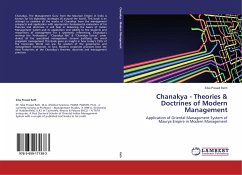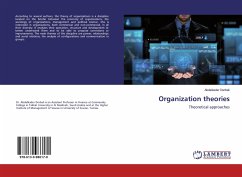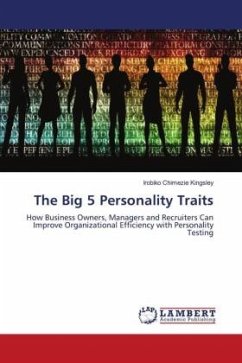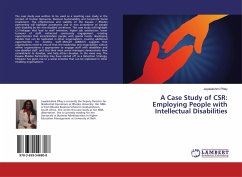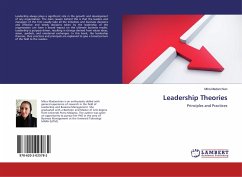Managing human capital is the biggest challenge before any company. To gain a competitive edge in the market, motivation of the human capital is a must. Universalistic theories of motivation were proposed to guide the managers in the concerned field. Major approaches that have led to understanding of motivation are Maslow's need-hierarchy theory, Herzberg's two- factor theory, Vroom's expectancy theory, Adams' equity theory and others. According to Maslow, employees have five levels of needs (1943): physiological, safety, social, ego, and self- actualizing needs. Herzberg's work categorized motivation into two factors: motivators and hygiene factors (1959). Different views on motivation are given by various people. This research is devoted to examining how the universalistic theories of motivation are applicable in the LML ltd. The findings of the study are based on the results of a survey conducted to ascertain how these motivation theories impacted the company.Further eight motvational factors are ranked along with analysing the policies practised in LML acting as motivator to motivate employees.
Bitte wählen Sie Ihr Anliegen aus.
Rechnungen
Retourenschein anfordern
Bestellstatus
Storno


